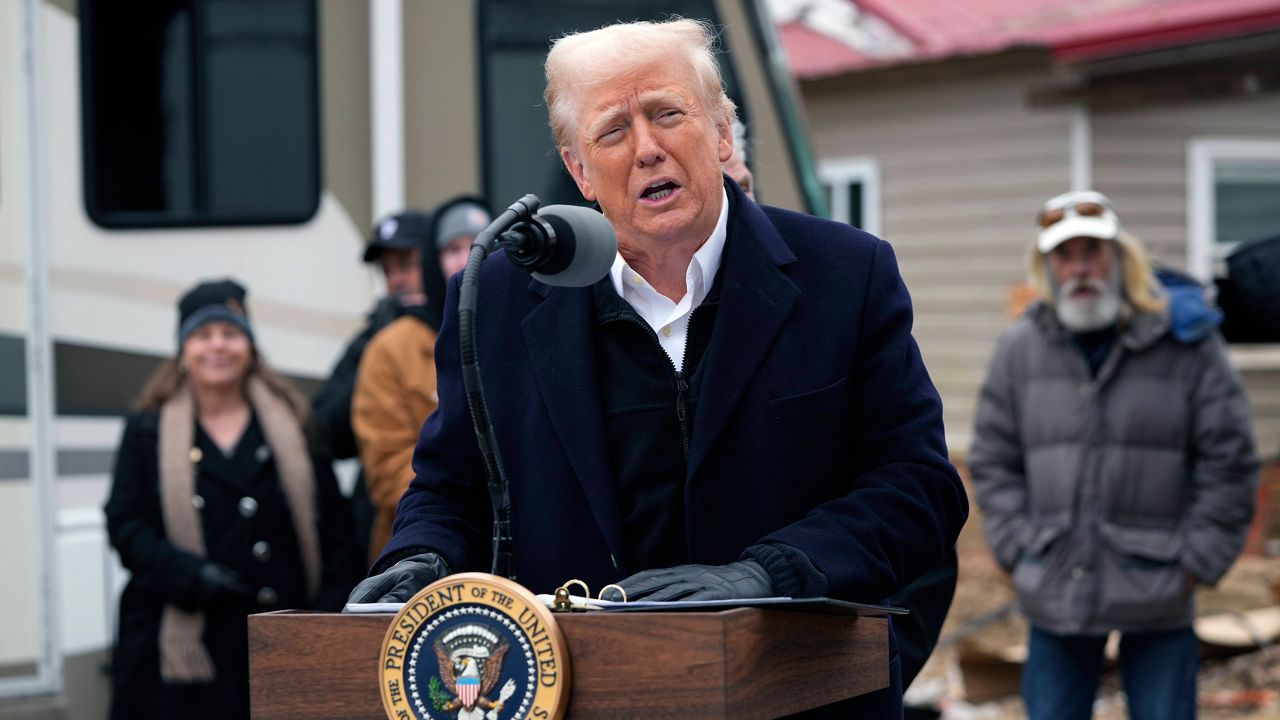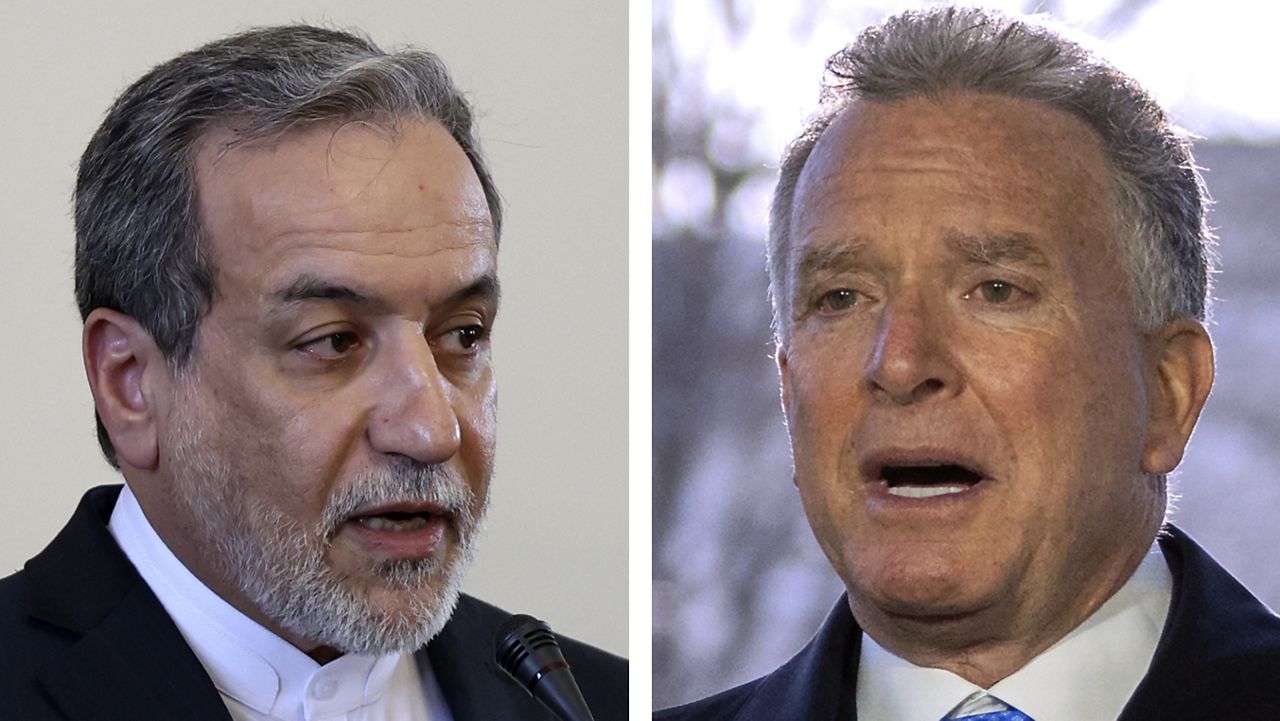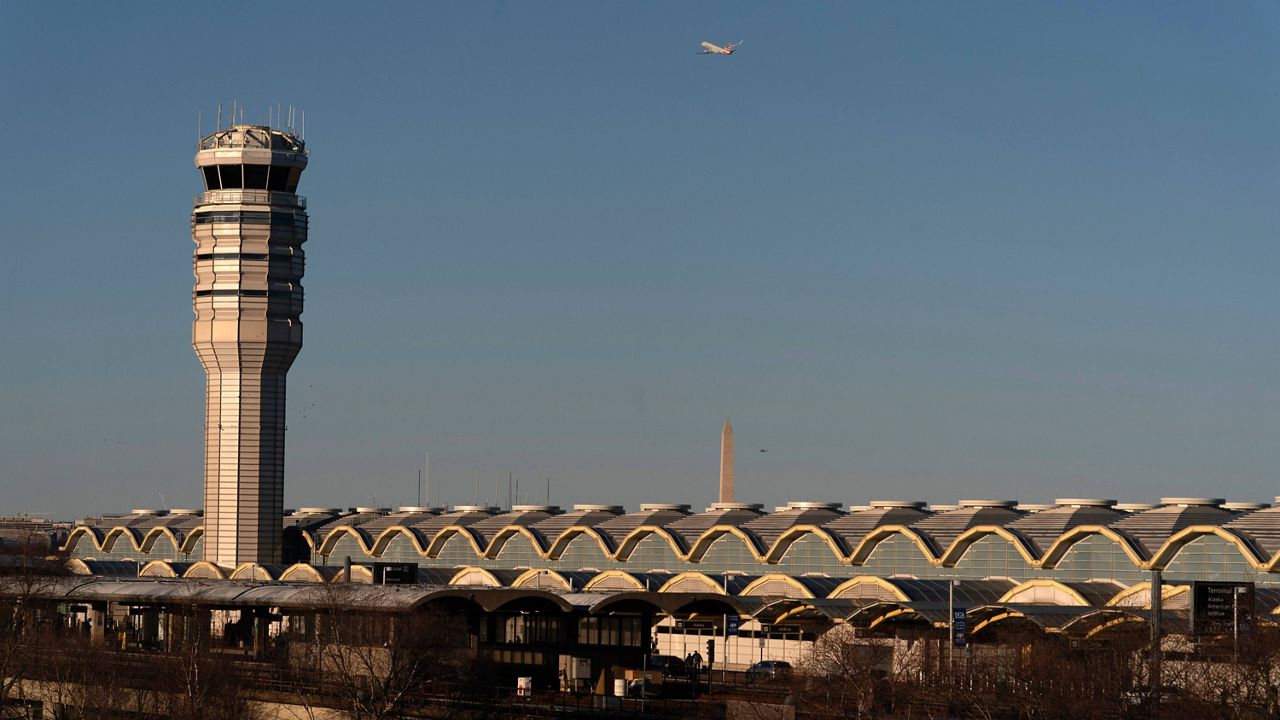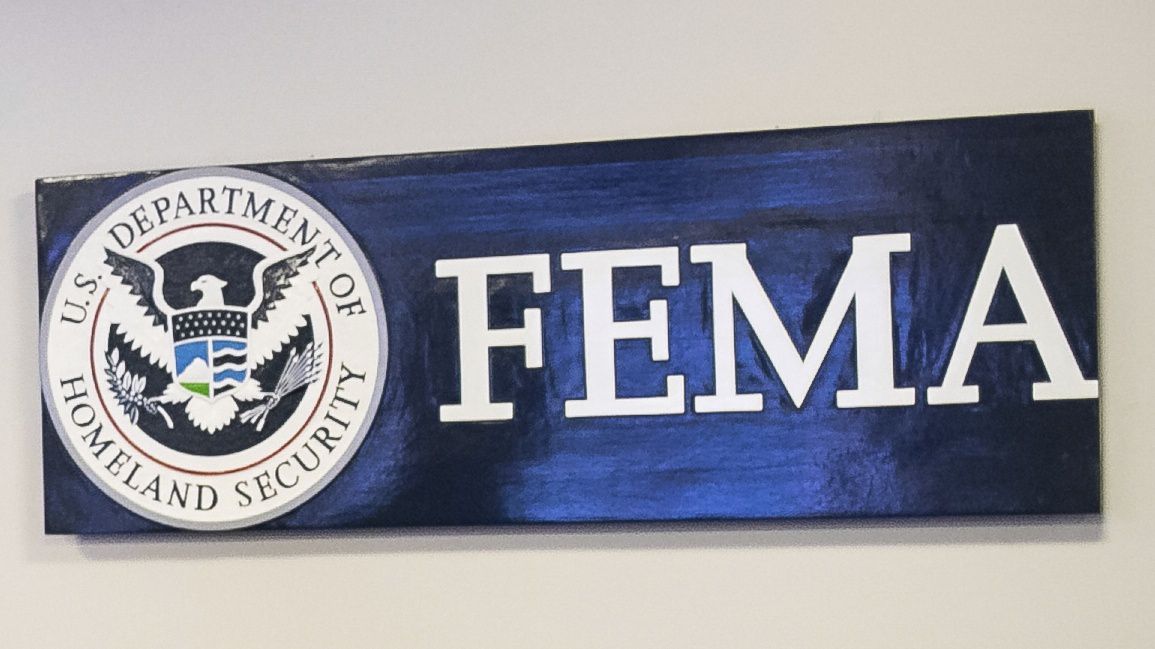President Donald Trump on Friday teased that a major overhaul of the way the nation responds to natural disasters is in the works, as he traveled to hurricane-ravaged North Carolina on his first trip since being sworn in.
Speaking at a briefing on storm recovery efforts in the western part of the state — a region that was pummeled by Hurricane Helene this fall — the president said he is preparing to sign an executive order that would reform the Federal Emergency Management Agency, also known as FEMA.
Taking it a step further, he said he is considering shuttering the agency tasked with leading the federal response to major disasters around the country altogether — a move that would mark a consequential shift in how the nation deals with hurricanes, fires, earthquakes and tornadoes.
“I'll also be signing an executive order to begin the process of fundamentally reforming and overhauling FEMA, or maybe getting rid of FEMA,” Trump said. “I think, frankly, FEMA is not good.”
The president, who just retook the nation’s highest office Monday, also referred to the agency as “a disaster,” “slow” and “bureaucratic.” He said it was not doing its job and claimed it let the country down multiple times throughout his trip to the Tar Heel State.
The powerful storm ripped through the southeastern part of the U.S., causing billions of dollars in damages and killing more than 100 people in North Carolina alone.
Upon landing in the state earlier, Trump told reporters he would prefer to see states handle all response efforts to disasters individually, arguing it would be quicker and less expensive as opposed to having FEMA bring in teams that may be unfamiliar with an area.
“I like, frankly, the concept of when North Carolina gets hit, the governor takes care of it, when Florida gets hit, the governor takes care of it,” Trump told reporters on the tarmac.
“To have a group of people come in from an area that don’t even know where they’re going in order to solve immediately a problem is something that never worked for me,” he continued, adding that the response to Helene in North Carolina is an example of that.
At the same time, Trump pledged to take “strong action to get North Carolina the support that you need to quickly recover and rebuild” in the wake of Helene. He said he would “supply the money,” floating that the state may have to “chip in” 25%.
The president said he would ask Congress — which passed additional funds for FEMA to help states recover from Helene in its short-term funding bill in December — for more aid to help the state but noted it would “go through us” rather than FEMA. It is not entirely clear how that would work.
“We’re gonna fix it and we’re gonna fix it as fast as we can,” he said of the state.
Trump said he was tapping North Carolina native Michael Whatley, who Trump hand-picked to lead the Republican National Committee amid his 2024 bid for president, to work on response efforts.
“If Michael Watley does half as good a job for North Carolina as he did for my campaign, we'll be very happy,” Trump quipped.
The president was joined by first lady Melania Trump, North Carolina Republican Reps. Chuck Edwards and Virginia Foxx and other local officials for the briefing in an airport hangar in Asheville before meeting with families impacted by the storm in Swannanoa.
Trump, then a candidate for president, toured damage in the state, an election battleground that he won, in the wake of the deadly storm in October. Trump slammed the state’s Democratic governor at the time, Roy Cooper, and then-President Joe Biden for the statewide and federal response to the hurricane. He also insisted in the storm’s aftermath that Federal Emergency Management Agency funds intended for disaster relief were used on migrants who are in the country illegally, despite FEMA, a top official at the Customs and Border Protection, the Biden White House and others saying the claim was baseless.
After his stop in North Carolina, Trump is traveling to Los Angeles, which is still battling blazes throughout the region for a tour of destruction and a briefing.










